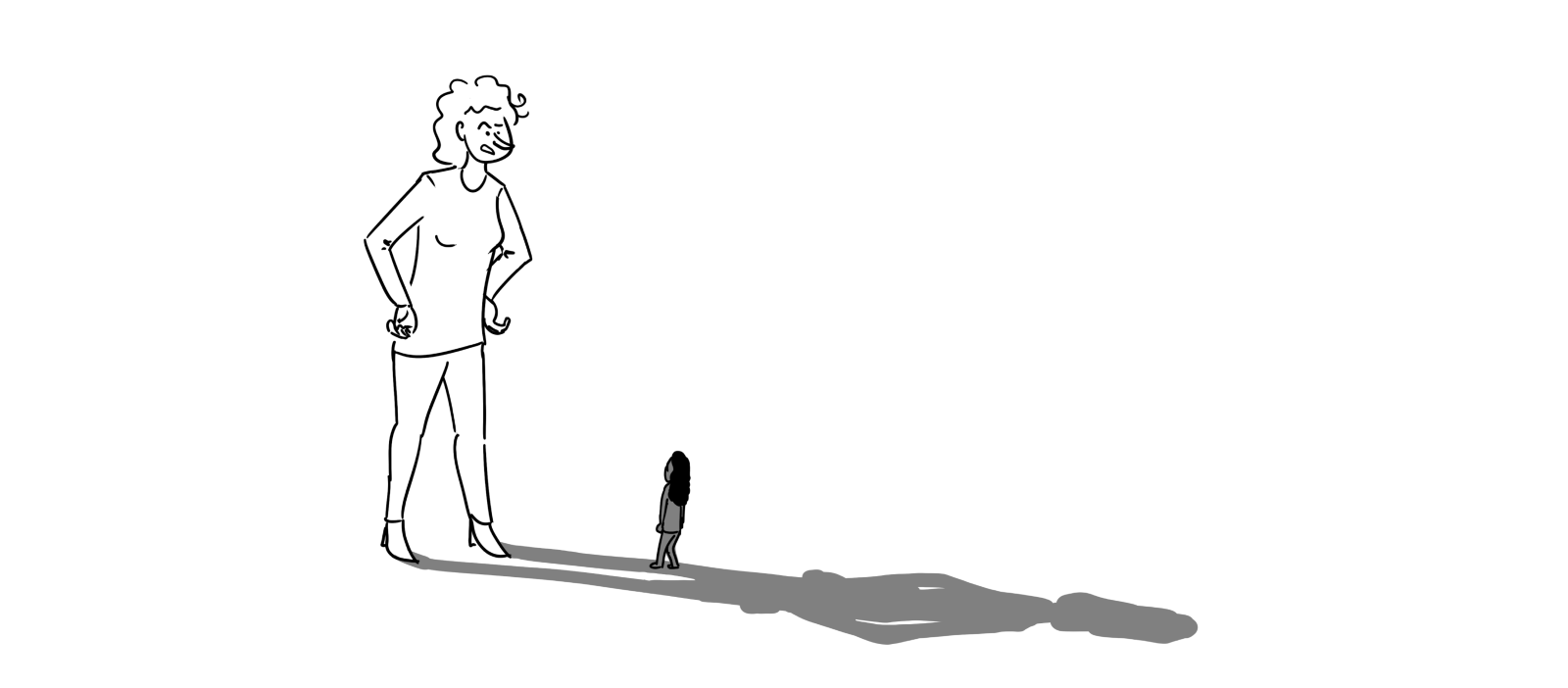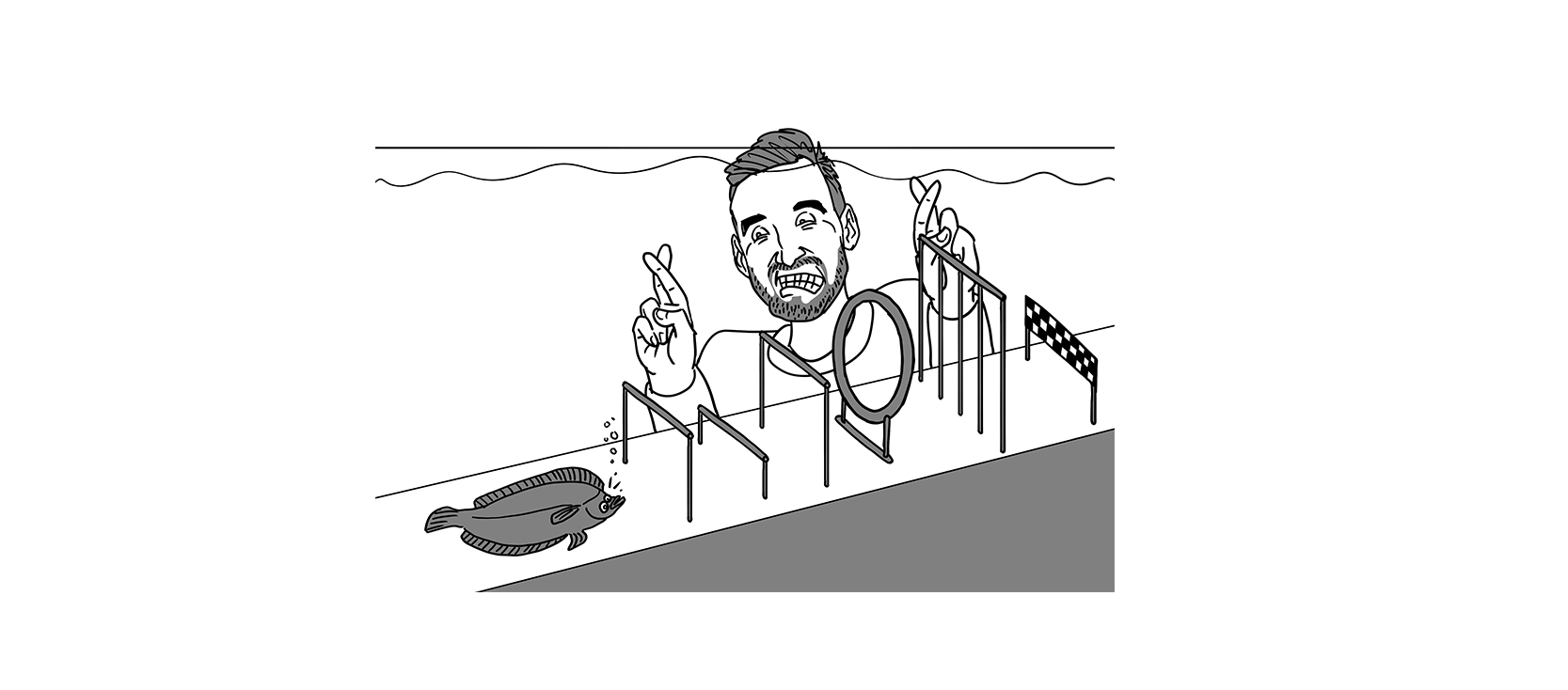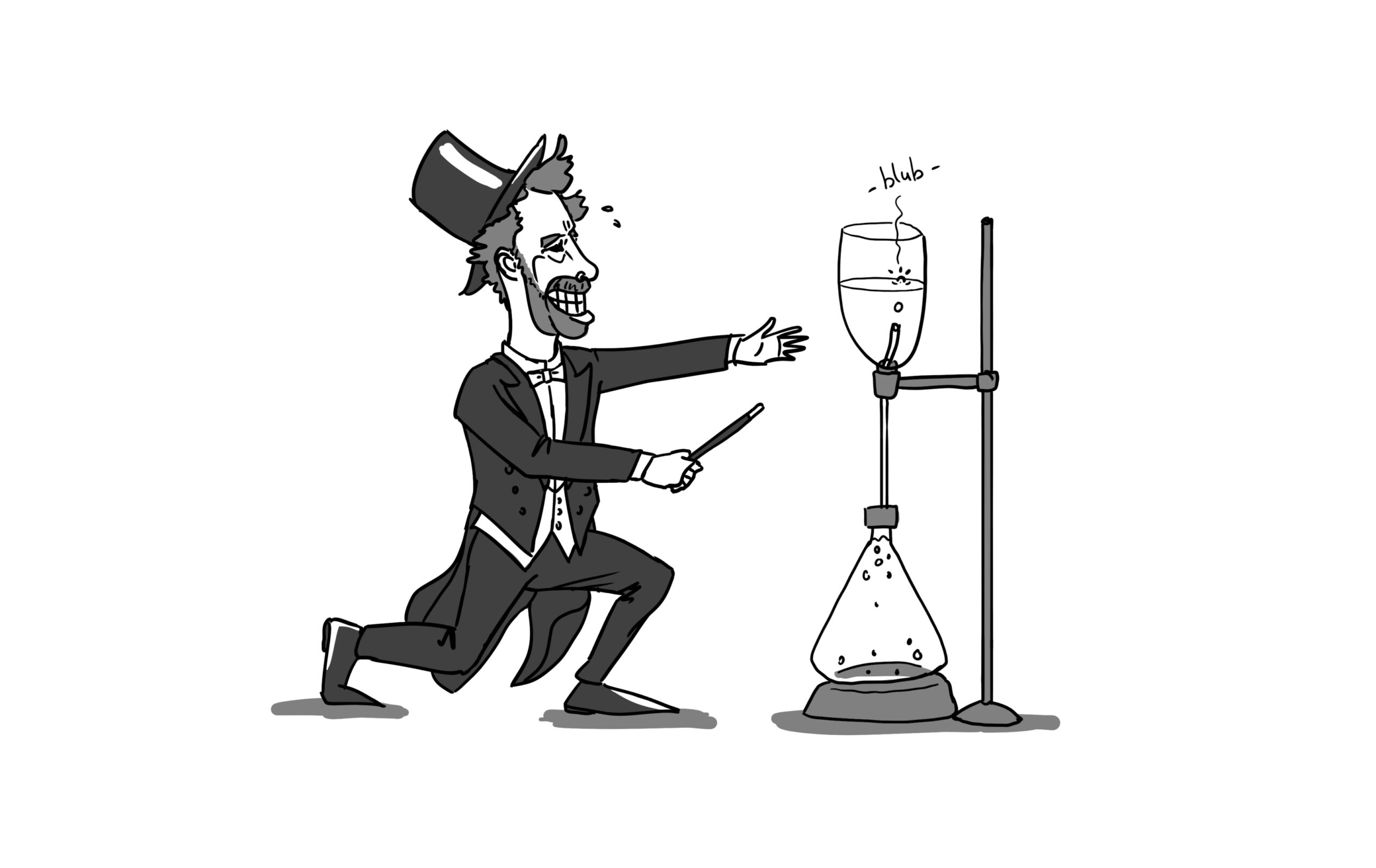A botched experiment, a rejected paper: such things are soon labelled as failures in academia. As for talking about them — not the done thing! But that is just what WUR scientists do in this column. Because failure has its uses. This time, we hear from Margaréta Banas, a Master’s student of Resilient Farming and Food Systems.
‘Two months ago, I started my Master’s thesis on how farmers’ decisions on food production are influenced, and how we can map that. My supervisor and the project partners had a lot of confidence in both the project and me. With an average of 9.5 for my Bachelor’s degree in Slovakia, I was one of the top students of my year. But here in Wageningen, the pace is much faster. To keep up, I have to work harder and I have less time for sport and free time. Even though I am still doing reasonably well academically, studying now requires much more energy and effort.
That started to impact my self-confidence. Researchers around me kept saying: “This is your thesis, you need to own and steer it.” But in practice, several researchers are involved in my project, and they all give me advice and instructions. With good intentions, of course, but it feels like I am standing in a maze, with everyone pointing me in a different direction. How am I supposed to find my own path?
It’s like I am standing in a maze, with everyone pointing me in a different direction
The low point came during a meeting with one of the project partners. She fired off questions at me at a rapid pace and I just did not have the answers. I felt myself shrinking and was paralysed by stress. Then she asked me why I was even doing this research if I knew so little about it. That was painful. At that point, I seriously considered quitting.
After this failure, I am still working on getting back on my feet. Rationally, I know I can finish this thesis, but I do not want to be overwhelmed by insecurity and stress. Therefore, I am now seeing the student psychologist and attending a support group to focus on my mental health. I am also considering taking extra holidays to recharge. Just keeping going – like I did before – is probably not the solution.’

 Illustration Stijn Schreven
Illustration Stijn Schreven 

